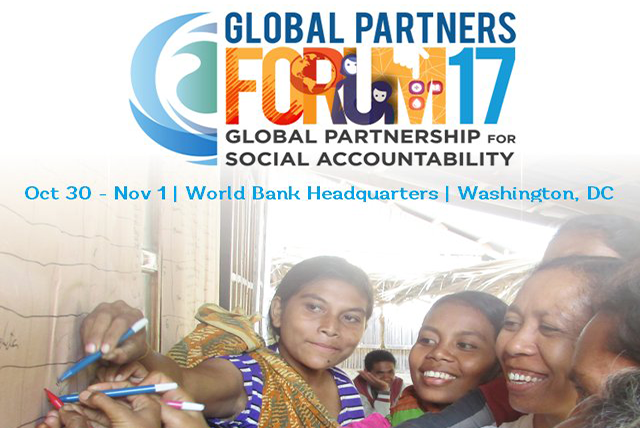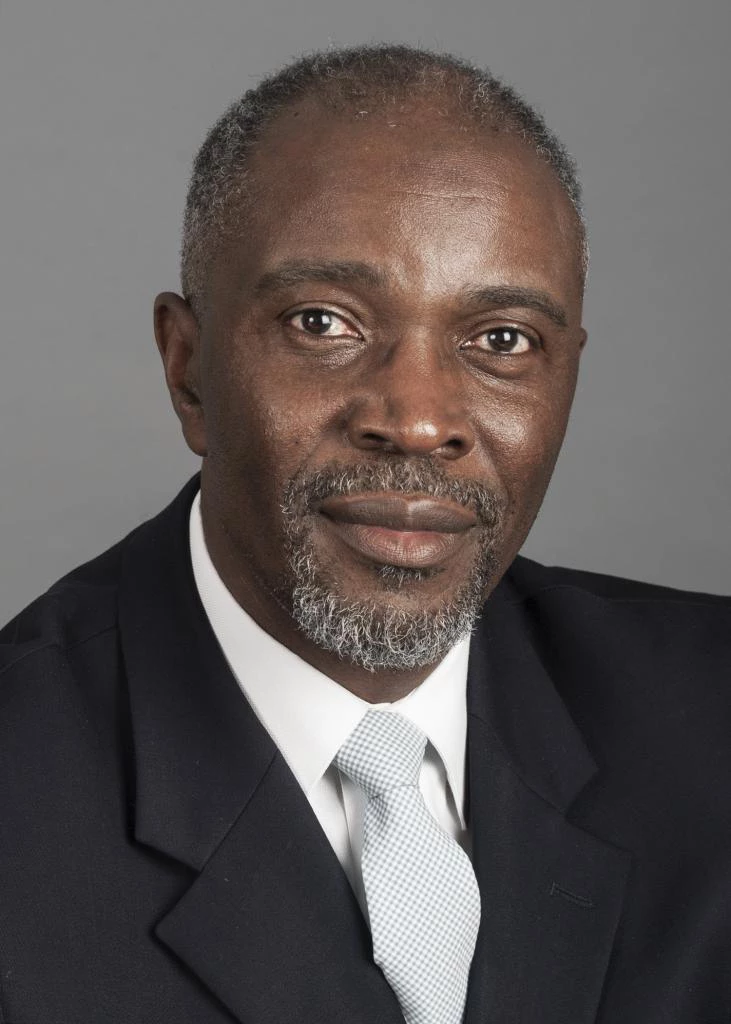
How can citizens’ actions help build a society that is more open, accountable and inclusive? In about a week, social accountability stakeholders from across the world will convene at World Bank headquarters to discuss just that, at the Global Partners Forum of the World Bank’s Global Partnership for Social Accountability (GPSA).
Created in 2012, the GPSA helps governments and civil society organizations (CSOs) work together to tackle difficult governance problems and improve service delivery to citizens. The GPSA is supporting 32 operations in 25 countries. The operations include working to improve access to healthcare for marginalized groups in Mozambique, reduce the cost of maternal healthcare in Indonesia, increase education and health compliance rates in conditional cash transfers in the Philippines, improve water service delivery in Tajikistan, and, use citizen feedback to inform education reforms in Moldova. We use a combination of grants and investments in knowledge, learning and capacity building of practitioners for effective implementation.
At the 2017 Forum, we align our agenda with Sustainable Development Goal 16, and will focus on the role of citizen engagement and social accountability in building open, accountable and inclusive institutions. Whether we are talking about public sector reform, procurement, or delivery of services, we know that effective and actionable citizen feedback is essential to reducing poverty and boosting shared prosperity .
However, in a fast-evolving world, we must address the preeminent challenges of today, including conflict, fragility and violence, displacement, assaults on democracy, the loss of trust in institutions, corruption, and closing civic space. Fortunately, there are enormous opportunities, as evidenced in the expansion of global and national initiatives to open-up governments, empower citizens and put them at the center of governance. We have also seen how instrumental it is to employ innovations in information and communications technology towards these goals. At the Forum, we will try to better understand the nature and implications of these emerging governance challenges, while focusing on the opportunities before us to take forward and scale these efforts.
We expect to have three main areas for discussion:
- How is the changing governance landscape affecting the practice of social accountability? We must explore the new frontiers of social accountability and adapt our approaches to respond to new challenges.
- How far have state institutions embraced citizen feedback and social accountability mechanisms, and what are we learning from these experiences? We know that social accountability can help build trust in institutions, for instance. But governments need to respond to citizens’ feedback. We want to assess how we can support these processes.
- What’s new in social accountability? Across the social accountability field, we believe it is time to look at the emerging innovative approaches and funding mechanisms, and assess to what extent they are delivering on their promises and aspirations.
As a key knowledge event, the Forum will help identify responses to the above questions, collaboratively drawing on emerging lessons learned by the GPSA and its partners. Ultimately, the event will help explore a new shared vision for social accountability and inclusive governance, and equip us all as partners to translate such a vision into impact.
Please join us online on Twitter via #GPSAForum, or watch our discussions. I also welcome you to share thoughts via comments below.
Tweet These:
- How can we improve Gov responsiveness to #citizenvoice? Lets discuss at #GPSAForum
- At #GPSAForum learn how #WDR2017 is being operationalized
- Oct 30-Nov 1, we will discuss citizen action for open, accountable, inclusive societies at #GPSAForum
- How can we empower those in fragile, violent and conflict settings? Lets discuss at #GPSAForum
- Join practitioners and leaders across civil society, gov, academia and business to discuss #socialacc


Join the Conversation